“The symbiotic relationship between the gut microbiome and the human body is fundamental to maintaining our overall health.“
Share Post:
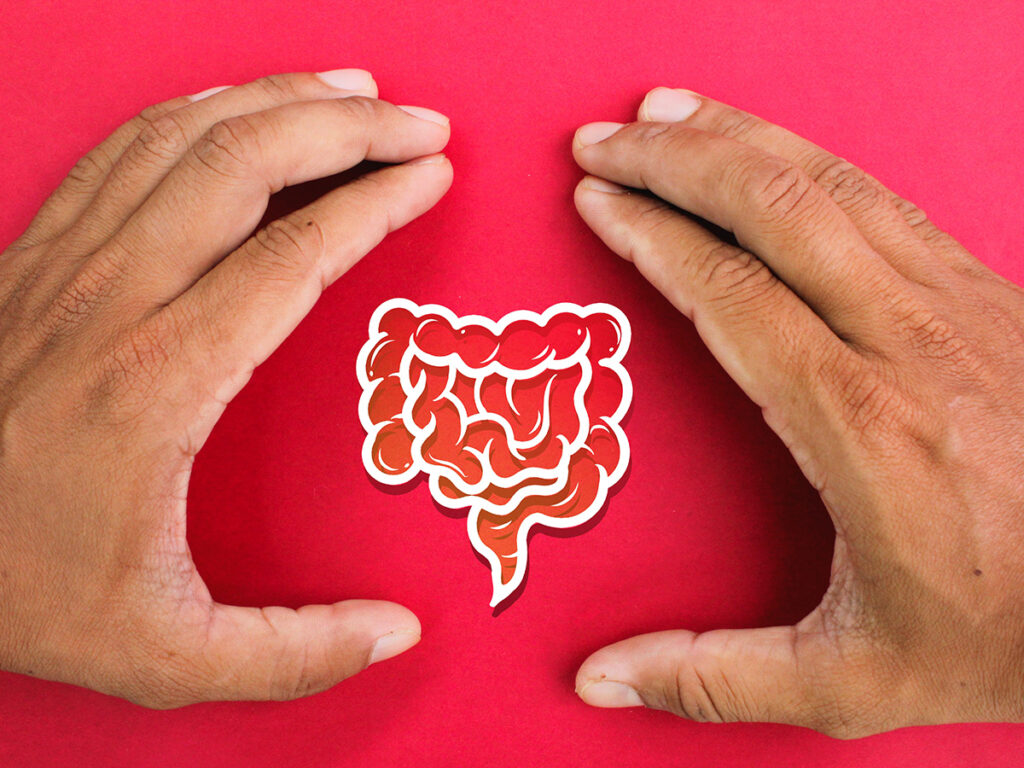
The human body is a complex ecosystem comprising trillions of microorganisms that reside predominantly in our gut. These microorganisms, collectively known as the gut microbiome, play a crucial role in maintaining our health and well-being. The intricate relationship between these microorganisms and our overall physiological functioning has sparked immense interest among scientists and researchers.
In this article, we will delve into the significance of the microbiome and explore various factors that influence its composition and diversity. Furthermore, we will discuss its impact on our health, focusing on digestive health, immune system function, mental well-being, and metabolic health.
Finally, we will outline effective strategies to support and nurture a healthy gut, including dietary considerations and the potential benefits of prebiotic and probiotic supplementation.
What is the Gut Microbiome?
It refers to the vast collection of microorganisms, including bacteria, fungi, viruses, and other microbes, residing within our gastrointestinal tract. It is a complex and diverse ecosystem that varies between individuals, influenced by factors such as genetics, environment, diet, medications, and lifestyle choices. The symbiotic relationship between the gut microbiome and the human body is fundamental to maintaining our overall health.
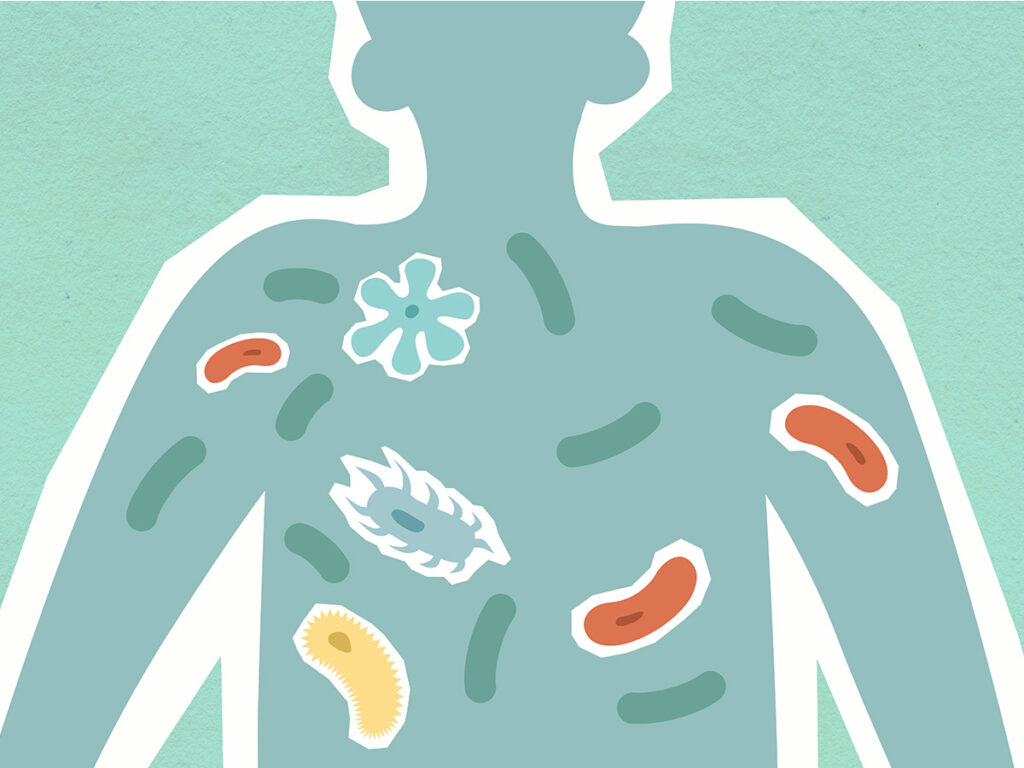
Impact of the Gut Microbiome on Health
- Digestive Health: The microbiome plays a pivotal role in digestion and nutrient absorption. It aids in the breakdown of complex carbohydrates and fibers, producing essential vitamins and short-chain fatty acids. Additionally, it maintains the integrity of the gut lining, preventing the leakage of harmful substances into the bloodstream and reducing the risk of gastrointestinal disorders such as inflammatory bowel disease and irritable bowel syndrome.
- Immune System Function: The gut microbiome influences immune system development, training, and regulation. It helps educate immune cells, ensuring appropriate responses to pathogens while maintaining tolerance to harmless substances. Imbalances such as Dysbiosis, can lead to immune dysfunction, increasing the risk of allergies, autoimmune diseases, and infections.
- Mental Well-being: The gut-brain axis, a bidirectional communication pathway between the gut and the brain, plays a crucial role in mental health. The gut microbiome produces neurotransmitters, including serotonin and dopamine, which regulate mood and behavior. Disturbances in it have been associated with mood disorders such as anxiety and depression.
- Metabolic Health: Emerging research suggests that the gut microbiome is intricately involved in metabolic processes and weight management. Imbalances in its composition have been linked to obesity, insulin resistance, and metabolic disorders. Certain microbial species play a role in energy extraction from food, fat storage, and the regulation of hormones related to appetite and satiety.

Factors Affecting the Gut Microbiome
- Diet: Our dietary choices significantly influence the composition and diversity of the gut microbiome. A diet rich in fiber, whole grains, fruits, vegetables, and fermented foods promotes the growth of beneficial bacteria and fosters a diverse microbiome. Conversely, diets high in processed foods, sugar, and saturated fats can disrupt its composition and promote the growth of potentially harmful bacteria.
- Antibiotic Use: While antibiotics are vital for combating bacterial infections, they can have unintended consequences on the gut microbiome. Antibiotics can disrupt the balance between beneficial and harmful bacteria, leading to dysbiosis. It is crucial to use antibiotics judiciously, reserving their use for necessary situations and considering probiotic supplementation during and after treatment to restore a healthy gut.
- Stress: Chronic stress has been shown to impact the gut microbiome, leading to alterations in bacterial composition and function. Stress management techniques such as meditation, mindfulness, and engaging in relaxation practices can help support its health.
- Lifestyle Factors: Regular physical activity, adequate sleep, and minimizing exposure to environmental toxins all contribute to a healthy gut microbiome. Exercise has been shown to increase microbial diversity and promote the growth of beneficial bacteria.
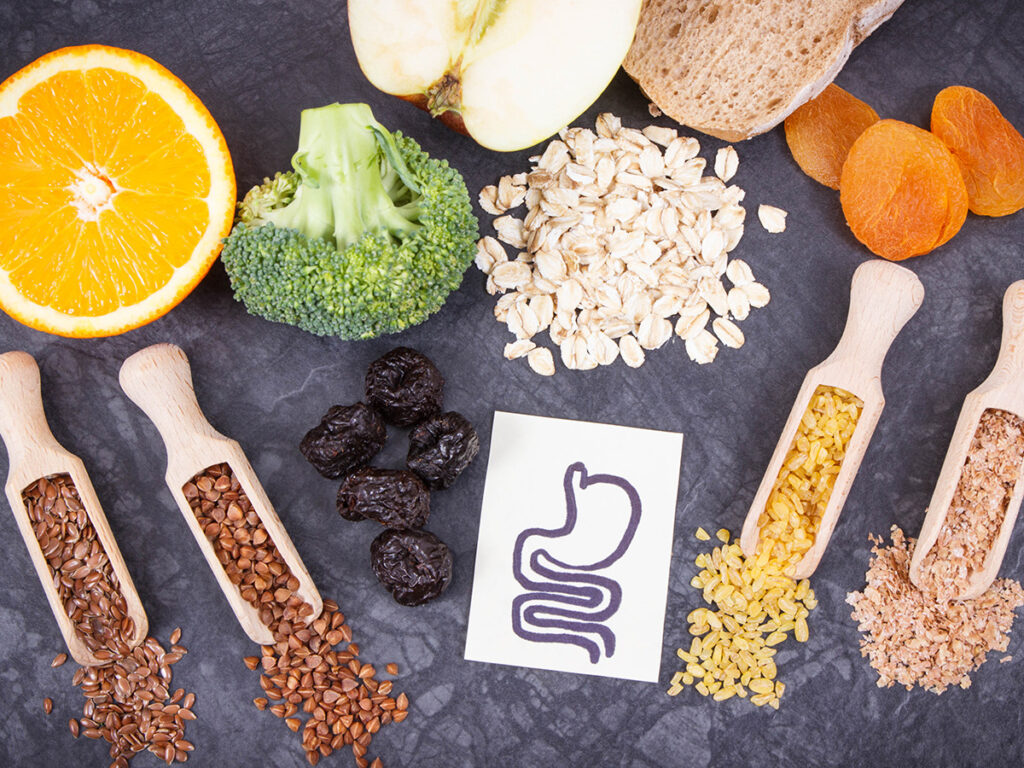
Ways to Support a Healthy Gut Microbiome
- Diet: Consuming a diverse and balanced diet rich in fiber and probiotic-rich foods supports a healthy gut microbiome. Include ample servings of fruits, vegetables, whole grains, legumes, and fermented foods such as yogurt, sauerkraut, and kimchi.
- Antibiotic Stewardship: It is essential to use antibiotics judiciously and only when necessary. When prescribed, follow medical guidance and consider probiotic supplementation to support the gut microbiome during and after antibiotic treatment.
- Stress Management: Incorporate stress reduction techniques into daily life, such as mindfulness meditation, deep breathing exercises, and engaging in hobbies or activities that promote relaxation.
- Lifestyle Modifications: Regular physical exercise and maintaining a healthy sleep routine contribute to a balanced gut microbiome. Minimize exposure to environmental toxins by choosing natural and organic products whenever possible.
- Consideration of Supplements: Prebiotic and probiotic supplements can be beneficial in promoting a healthy gut microbiome. Restore, a science-backed product, contains a proprietary blend of minerals that support the gut lining’s integrity and create an environment conducive to the growth of beneficial bacteria.
Conclusion
The gut microbiome is a dynamic and influential component of our overall health. It plays a critical role in digestive health, immune system function, mental well-being, and metabolic processes.
Understanding the factors that influence its composition and diversity empowers us to make informed choices that support its health. By prioritizing a diverse, fiber-rich diet, practicing antibiotic stewardship, managing stress, adopting a healthy lifestyle, and considering the use of prebiotic and probiotic supplements like Restore, we can nurture a thriving gut health and enhance our overall well-being.
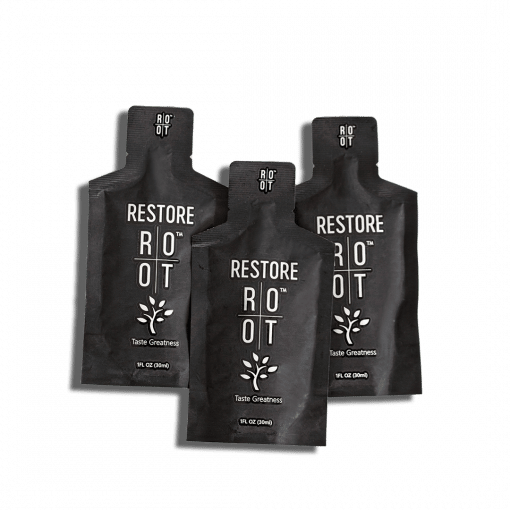
Visit Steven’s Optimization Store to get high quality supplements to help you achieve your health and fitness goals.
Share Post:
REACH YOUR FULL POTENTIAL
Subscribe to Steven's newsletter and receive weekly content to unleash your potential and learn more about the best optimization supplements that can help you take your game to a new level.
More Content
See All-

Stress Management: Unlocking Peak Performance
“Stress management and resilience-building strategies are integral components of professional success and well-being.“ Share Post: In today’s fast-paced world, stress has become a ubiquitous aspect of modern life, affecting individuals across all professions and industries. As professionals, our ability to effectively manage stress and cultivate resilience is paramount to maintaining peak performance and overall well-being. […]
May 19, 2023 -
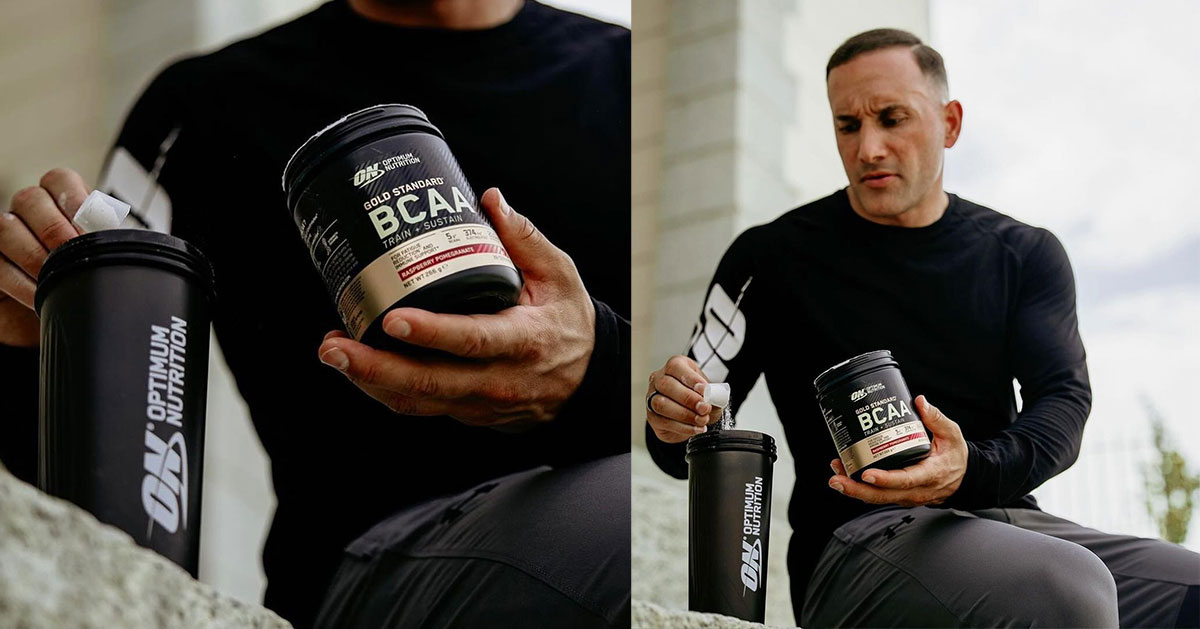
Essential Supplements for Athletes: Maximizing Performance and Recovery
“In the realm of athletic performance, supplements can serve as valuable tools when grounded in scientific research and used judiciously. Whey protein, creatine monohydrate, omega-3 fatty acids, vitamin D, BCAAs, beta-alanine, iron, and caffeine represent a comprehensive array of supplements that cater to different aspects of an athlete’s needs. Discover the Essential Supplements for Athletes“ […]
May 19, 2023 -

How to Prepare for a 5K Run: A Holistic Approach
“Preparing for a 5K is a holistic endeavor that encompasses physical training, mental resilience, and strategic planning.“ Share Post: Embarking on the journey to conquer a 5K run is an exhilarating challenge that demands careful preparation. Whether you’re an experienced runner or taking your first strides in the running world, the path to success is […]
May 19, 2023
